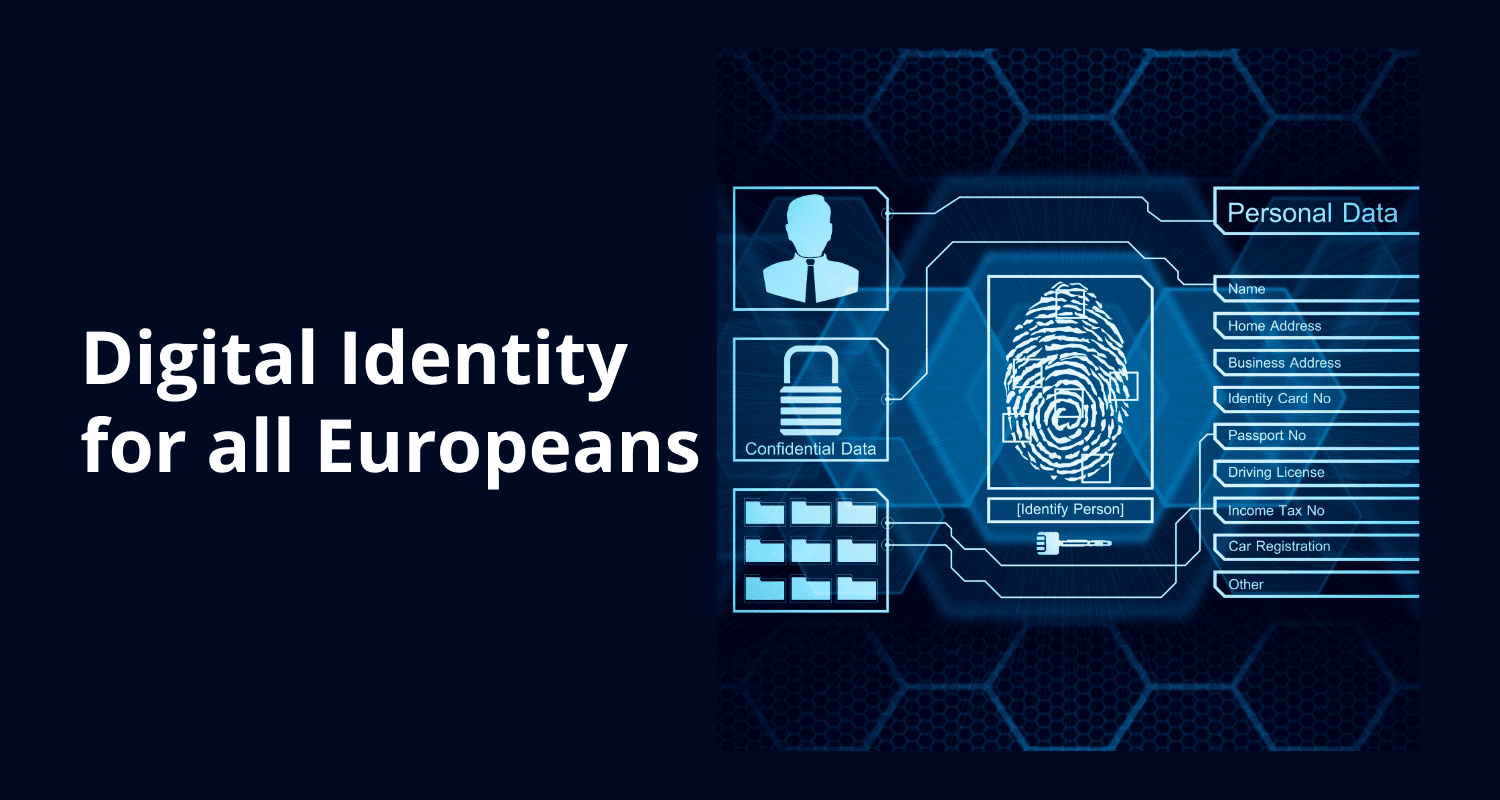€46M Investment Fuels Ambitious EU Digital Identity Wallet Pilots, Ushering in a New Era of Digital Transformation
In a significant move towards digitalization, the European Commission has earmarked a substantial €46 million (approximately $49 million) for the development and execution of four pan-European pilot programs for the European Digital Identity (EUDI) wallet. This initiative marks a pivotal moment in the EU's journey towards a unified

In a significant move towards digitalization, the European Commission has earmarked a substantial €46 million (approximately $49 million) for the development and execution of four pan-European pilot programs for the European Digital Identity (EUDI) wallet. This initiative marks a pivotal moment in the EU's journey towards a unified digital future.
The EUDI Wallet: A Gateway to Digital Convenience
The EUDI wallet, an innovative mobile phone application, is set to offer citizens of the EU's 27 constitutional countries a streamlined way to store and share digital identity data. This technology is not just a tool but a gateway to a range of potential uses, from digital travel credentials and opening bank accounts to registering SIM cards and verifying educational qualifications. The overarching aim is to facilitate citizens' access to a variety of social benefits, including healthcare, in a digital format.
A Collaborative Effort Spanning the Continent
The four pilot projects, involving over 250 private and public organizations across almost every Member State, as well as Norway, Iceland, and Ukraine, represent a collaborative effort on an unprecedented scale. These projects, set to run for at least two years, will delve into 11 priority use cases. The focus is to enhance the accessibility and security of digital identities for all EU citizens.
A Combined €90M Investment in Digital Identity
The projects represent a combined investment of over €90 million in the EU's digital identity ecosystem, with 50% of the funding co-financed by the Commission. This financial commitment underscores the EU's dedication to fostering a robust digital identity infrastructure.
Preparing for the European Digital Identity Regulation
These pilot projects are crucial in preparing Member States and other stakeholders for the upcoming European Digital Identity Regulation legislation. This legislation, which is currently under negotiation in the European Parliament, is a key component of the EU's digital strategy.
Aligning with the EU's Digital Decade Policy Programme
These initiatives align with the EU’s Digital Decade Policy Programme, which aims to ensure that everyone living in the EU has access to a secure and user-friendly electronic ID (eID) by 2030. This goal is part of a broader vision to transform the EU into a digitally empowered society and economy.
Collaboration and Technical Development
All projects are collaborating closely with the Commission and each other. The results from these pilots will feed into the ongoing development of technical specifications for the EUDI wallet by the eIDAS expert group. This collaborative approach ensures a cohesive and comprehensive development process.
Addressing Security Concerns
Despite the enthusiasm surrounding these projects, security concerns remain a significant discussion point. Experts warn that centralizing highly valuable personal data in one system could create a 'honeypot' for cybercriminals. This concern was echoed in a Brussels seminar on eID wallet security, highlighting the need for rigorous security measures to protect against potential vulnerabilities, such as deep fakes.
In summary, the European Commission's €46 million investment in the EUDI wallet pilot programs is a bold step towards realizing a digitally integrated Europe. While challenges remain, particularly in ensuring top-tier security, this initiative represents an exciting leap forward in the EU's digital transformation journey. The success of these pilots could set a global precedent for digital identity systems, paving the way for a more connected and efficient future.




